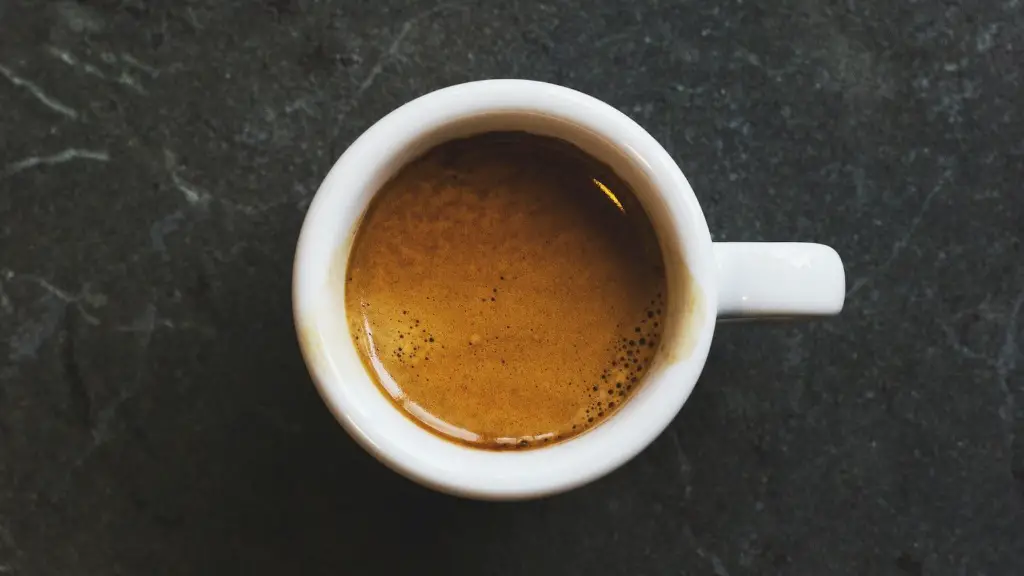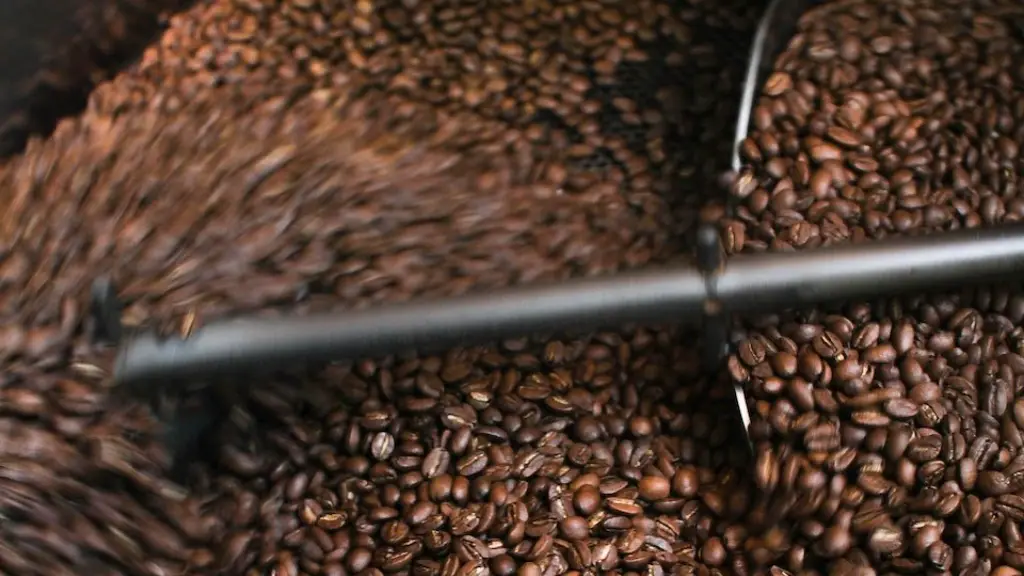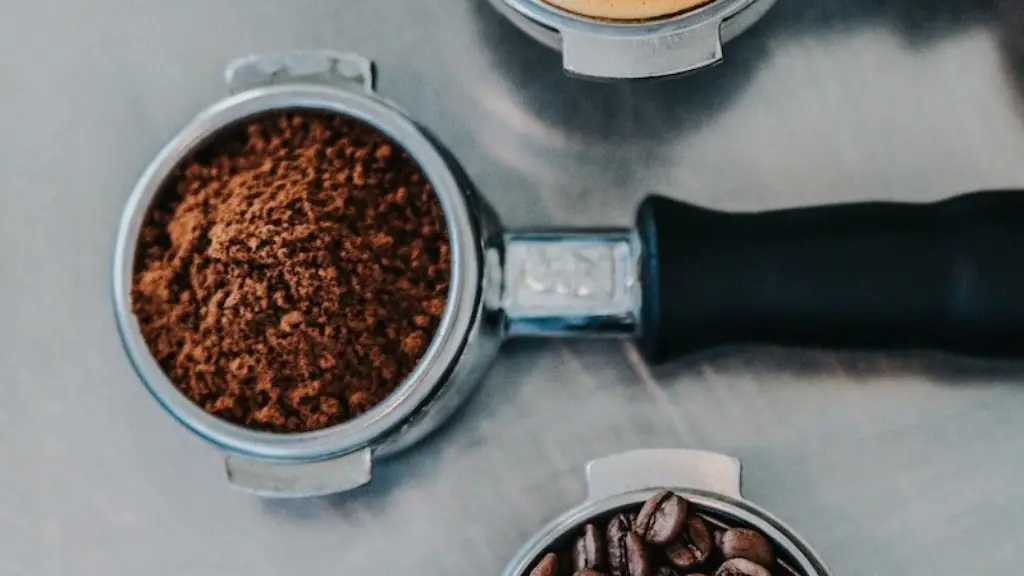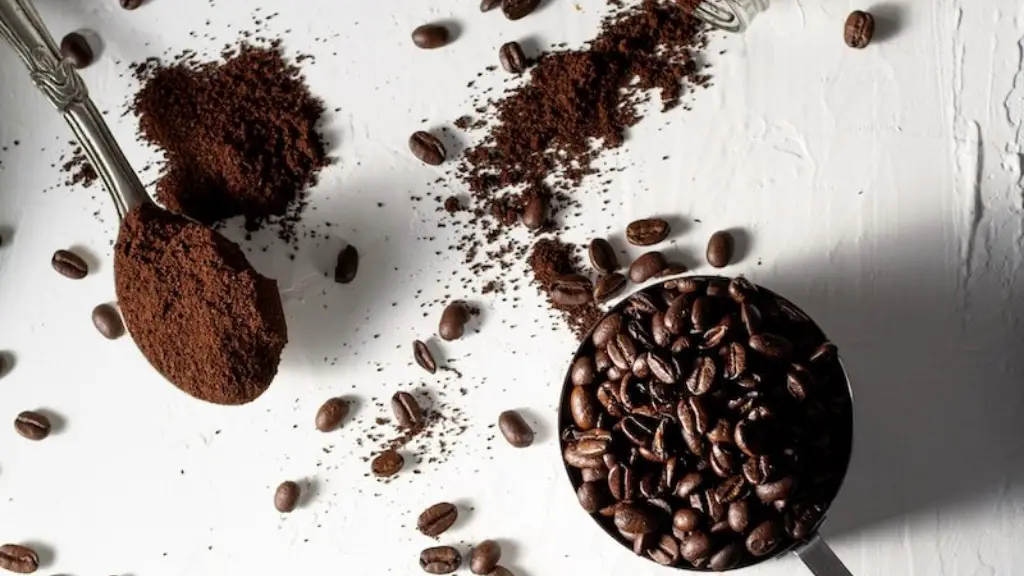Drinking coffee after scaling your teeth is a common question people have. While there are no hard-and-fast rules to say when or what to consume after a dental scaling, heeding your dentist’s advice is key to avoiding any potential risks. Generally, it’s best to wait an hour or two before drinking coffee or anything hot after scaling.
A scaling, or tooth cleaning, is a thorough dental procedure that removes bacteria and tartar from the surface of teeth—both above and below the gum line. Tartar is a yellow-brown mineral buildup caused by calcium deposits. Depending on the severity of the buildup, the scaling process may take 30 minutes to an hour. During the procedure, the dentist uses a special tool to remove the tartar, and a ultrasonic device may also be used to break up large deposits. Any remaining tartar is vacuumed away, and the teeth are then polished.
Once finished, the dentist may choose to use fluoride treatment to protect the teeth from further damage.If your dentist has recommended fluoride treatment, you should wait at least an hour before drinking coffee or any other hot beverage that could melt away the topical fluoride. Additionally, since the sensitivity of the teeth can be heightened after a scaling, it is best to avoid anything that could cause additional discomfort, especially if your gums are particularly tender.
Experts believe that waiting around an hour or two after a scaling is the safest option, as it gives time for the enamel to repair and strengthens the seal and bond which helps protect teeth from plaque. However, if you are comfortable and not experiencing discomfort, you may be able to consume your coffee a bit sooner. Some dentists recommend drinking through a straw to avoid exposing the teeth to hot liquids.
That said, you should always listen to your dentist as you may be given more specific instructions for post-scaling care that are specific to your individual needs. For example, if your gums are especially tender after a scaling and the dentist recommends waiting longer to drink coffee, then it’s best to wait.
More broadly, drinking too much coffee or any hot beverage can have detrimental effects on your teeth, including increased sensitivity and decay. Over time, the enamel on your teeth can wear down from contact with the hot liquid and cause your teeth to become more porous. Though one cup of coffee is not the issue, it is the cumulative effects of the drink that could lead to problems. If you are drinking coffee more than once a day, then it is recommended that you switch to drinking lukewarm or cold beverages instead, and using a straw to consume them.
Alternatives To Coffee After Scaling
If you’re looking for some alternatives to coffee after dental scaling, cold beverages or a lukewarm beverage can be a good option. Consider sticking with a safe and flavorful choice like infused water, juice, or tea. Tea is a good option due to caffeine, anti-inflammatory and anti-bacterial properties.
Smoothies can be a great option when looking for a refreshing alternative to coffee as they contain fiber, vitamins, and minerals. You can prepare a smoothie with a wide variety of fruits and vegetables and customize the recipe to your taste. Stick with ingredients like banana, yogurt, spinach, avocado, and pineapple to get a healthy drink.
If you cannot resist coffee and must have a cup of coffee after scaling, opt for iced coffee or cold brew. Caffeine intake should be in moderation, even if you feel the need to drink coffee after your scalling. Coffee with extra added cream or sugar can be detrimental to oral health. If you do decide to sip on coffee, consider one of the previously mentioned options that can decrease the temperature and make them more enjoyable.
Oral Hygiene After Dental Scaling
It’s beneficial to stay alert and cautious of the oral care you provide when it comes to dental scaling. Proper oral hygiene is necessary to keep your teeth healthy, and that doesn’t change after you have a dental scaling. Make sure to brush your teeth twice a day with a soft-bristled brush and toothpaste that contains fluoride.
Flossing takes time but is incredibly important. Flossing can get rid of plaque and bacteria that have settled between your teeth. If done correctly, flossing can go a long way in preventing cavities and protecting the enamel of your teeth. Make sure to regularly get professional cleanings—every six months is recommended—to prevent any future buildups.
Finally, if you do tend to drink coffee or other beverages, using a straw to consume it can be beneficial. The less contact the hot beverage has with you teeth, the better it is for the long-term health of your teeth.
Benefits of Dental Scaling
The main benefit of dental scaling is that it removes tartar from teeth, therefore reducing the risk of bacteria and plaque. By removing the buildup of plaque and bacteria, the risk of cavities and gum diseases are significantly reduced.
Dental scaling can improve gum health, which is critical to overall oral health. During the scaling process, the roots of your teeth are gently cleaned and polished, allowing for the gums to be healthy. Additionally, it can eliminate bad breath as the smell of plaque and bacteria are usually responsible.
Another benefit of scaling is that it reduces the need for tooth fillings. When tartar and plaque are removed it prevents further damage to the teeth. When plaque and bacteria are left on the surface of teeth, it can lead to decay and cavities that require fillings. By having a dental cleaning routinely, it can save you from having to make future visits to the dentist office.
Finally, it can reduce sensitivity and pain. When tartar and plaque are removed from teeth, the teeth become less sensitive and irritable. This can result in a significant reduction in pain and discomfort.
Dietary Habits for Optimal Oral Health
You may be wondering what type of food and drinks you should be consuming for optimal oral health after a dental cleaning. Avoiding sugary and starchy foods is a must, since these types of foods can create a breeding ground for bacteria and contribute to cavities and tooth decay. Instead, focus on eating high-fiber fruits, vegetables, nuts, and whole grains.
Drinking lots of water is important for your oral health. Water helps to naturally cleanse your mouth and rinse away any lingering food particles. This is especially important after a dental cleaning, as rinses and water help to wash away remaining bacteria and tartar that may be on the surface of your teeth. Additionally, alcohol, carbonated drinks and tonic water should be avoided since they contain acid and sugar that can weaken the enamel on your teeth.
Finally, chew sugar-free gum after meals to remove bits of food from your teeth. However, make sure that the gum you are chewing is sugar-free and has xylitol, which helps to suppress bacteria and the acid they produce.
Self-Care After Dental Scaling
After a dental scaling best practice is to rest and relax. Avoid rigorous activities for the remainder of the day, as it can cause your gums and teeth to be tender. Also avoid spicy foods, as the heat can further irritate the areas around teeth. Consider drinking a soothing herbal tea with honey that can nourish your gums and is also naturally soothing.
If you experience swelling or extreme soreness, apply an ice pack around affected areas for 10 minutes. If you experience pain days after, contact your dentist. Over-the-counter medication should be used with caution depending on your individual needs and the dentist’s instructions.
Avoid brushing or flossing your teeth too soon after the scaling, as this can further irritate the gums and teeth. Make sure to wait a couple of hours after the procedure, as the teeth and gums may be sensitive. Additionally, stay away from hard and crunchy snacks.
In short, it is beneficial to wait an hour or two before drinking hot beverages like coffee after a dental scaling but listening to your dentist is the best bet. Drinks like tea and smoothies are a good option if you’re looking for a tasty alternative to coffee. And remember to practice good oral hygiene and consume a healthy, balanced diet that includes plenty of water in order to maintain your optimal oral health.





